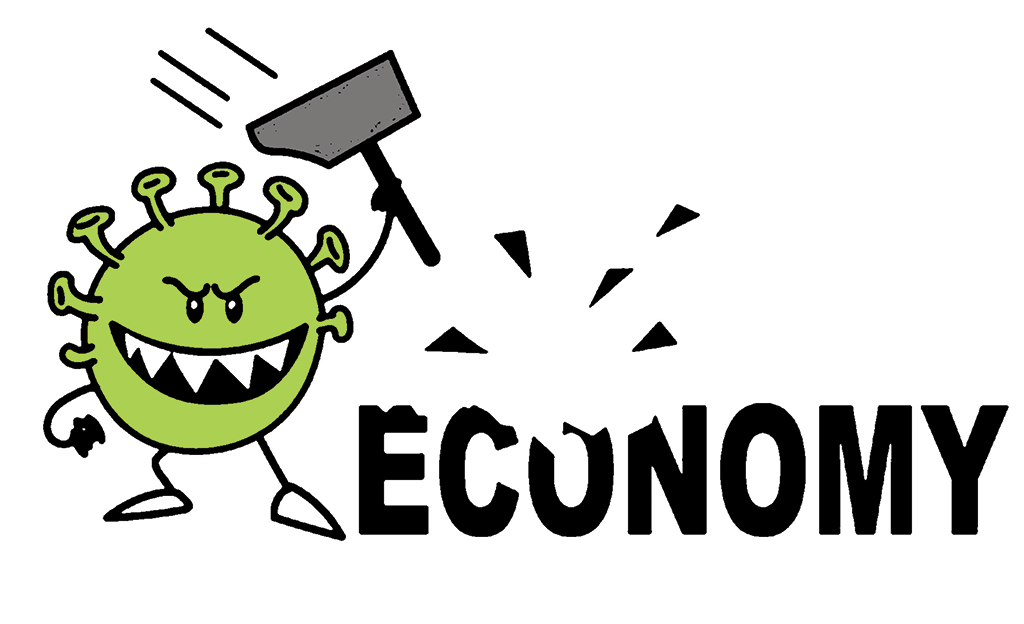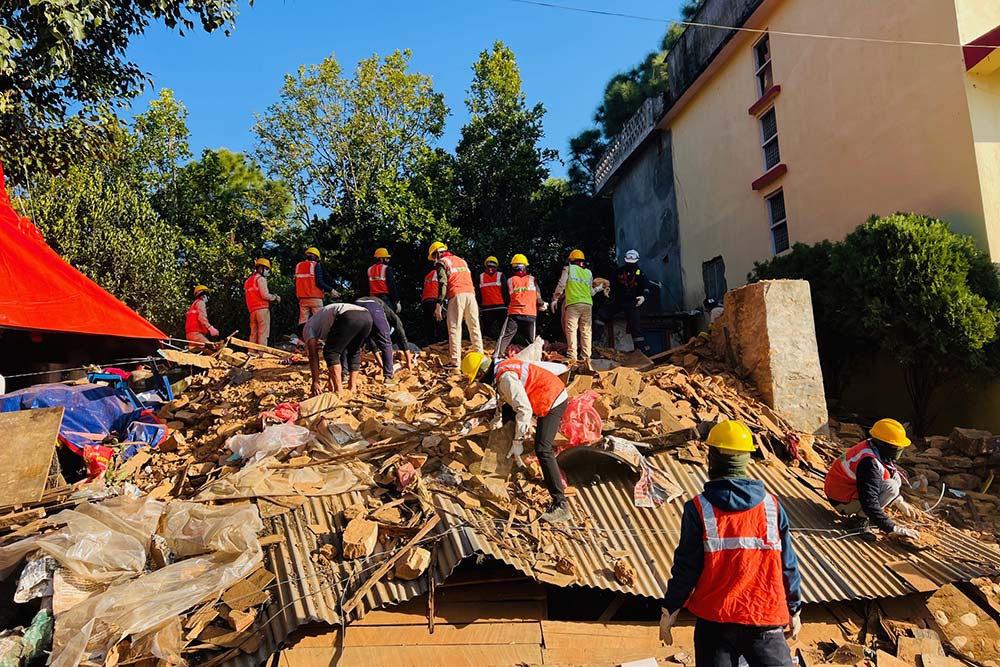
Deep rooted patriarchy in South Asia has hindered women entrepreneurship for a long time, but change and progress were inevitable as women took to the workforce and slowly but surely broke many gender norms. Governments also became proactive in creating a favourable policy environment, access to finance and markets, skill development initiatives targeted specifically at women.
Nepal is not far behind. The new Constitution has guaranteed 33% representation of women in the parliament. Among the 36,000 elected representatives in 753 local government seats nationwide 41% constitute women.
Women’s leadership in three key constitutional positions: President, Chief Justice and Speaker of the legislature parliament was noted as a powerful message of leadership transformation. However, female leadership in bureaucracy, non-government organisations, corporate sector is lagging. Pramila Acharya Rijal, President of South Asian Women Development Forum (SAWDF) says that there are many mid-career women in private sector jobs but very few of them are in leadership positions. She feels that until the society changes its thinking, discrimination will continue to exist. “Your gender should not hold you back from a leadership position if you are competitive from every angle,” she opines.
There are many enabling factors for women empowerment, but the foremost is self-reliance and ownership of property, physical or intellectual. The state systems should have clarity to economically empower women and recognise them as equal citizens.
In the commercial area. enterprises run by women are considered more favourable and sustainable compared to male-run enterprises. According to Shankar Man Shrestha, founding Executive Director of the Centre for Self-Help Development— an institute of micro-finance and cooperative development— enterprises run by women are stable, well-operated and timely in repaying loan to financial institutions. “Women are honest and sincere towards their work,” said Shrestha based on his experience of working in the micro-finance sector since decades. He believes that women entrepreneurship in Nepal has been instrumental in poverty reduction and ensuring quality life.
Experts feel that government programs for women entrepreneurship development is an approach of ‘tokenism’. A minor policy intervention introduced by the government in fiscal 2004/5 provides 25% waiver on land registration for women which to some extent increased women’s ownership in property. Such policy intervention is required according to Mona Shrestha Adhikari, Executive Director of Enterprise for Management, Economic Reform & Gender Equality (EMERGE). As per Adhikari, government can work together with non-governmental organisations in areas of skill development, value chain addition and market study to help explore potential for women led enterprises to grow and sustain. Though the government has introduced subsidised credit for women entrepreneurs, very few avail of such loans from banks and financial institutions. The reason pointed out is that the government should simplify the criteria for access to credit in terms of document requirements, guarantee and collateral, among others. Mona Shrestha Adhikari elaborates, “Micro, small and medium enterprise (MSMEs) are the spine of the economy and most MSMEs are run by the women with low literacy levels. They cannot follow all the procedures of availing loan and other facilities provided by the government. Against this backdrop, the government should look into how they can simplify the procedures targeting those women”.
Adhikari stresses that “The government must look into the approach of evidence-based policy making. There must be baseline survey before framing any policies or program and there should be regular dialogue with beneficiaries. Even in the Investment Summit, women are not given priority to speak on women entrepreneurship”.
As per a study carried out by the United States based McKinsey Global Institute (MGI), if women participate in the economy in full potential, the global economy would add up to $28 trillion, or 26% to the annual global GDP by 2025. This impact is roughly equivalent to the size of the combined Chinese and US economies today, the report states. MGI has mapped 15 gender-equality indicators for 95 countries and finds that 40 of them have high or extremely high levels of gender inequality on at least half of the indicators. The indicators fall into four categories: equality in work, essential services and enablers of economic opportunity, legal protection and political voice, and physical security and autonomy.
The report further says, gender inequality is not only a pressing moral and social issue but also a critical economic challenge. If women- who account for half the world’s working-age population - do not achieve their full economic potential, the global economy will suffer. While all types of inequality have economic consequences - the report stated. A best in region scenario in which all countries match the rate of improvement of the fastest-improving country in their region could add as much as $12 trillion, or 11% in annual 2025 GDP.
MGI’s full-potential estimate is about double the average estimate of other recent studies reflecting the fact that MGI has taken a more comprehensive view of gender inequality in work. Even after decades of progress toward making women equal partners with men in the economy and society, the gap between them remains large, the report states. The report has acknowledged that gender parity in economic outcomes (such as participation in the workforce or presence in leadership positions) is not necessarily a normative ideal as it involves human beings making personal choices about the lives they lead; and recognised that men can be disadvantaged relative to women in some instances.
Some large ventures are seen successfully run by women. Nepal has its share of trailblazers who have contributed to women entrepreneurship development in the country. Notable names are Ambica Shrestha, Shanti Chadha, Shyam Badan Shrestha, Maggie Shah, Yankila Sherpa, Meera Bhattrai and Padmasana Shakya. Adding to this strength today are Bhawani Rana as the President of the Federation of Nepalese Chamber of Commerce & Industry, Shreejana Rana as the President of Hotel Association of Nepal and Nepal India Chamber of Commerce & Industry while Anupama Khunjeli is the first woman CEO of a commercial bank in the country. There are many, many other women entrepreneurs in all the provinces of the country who have achieved success as entrepreneurs on large, medium and small scales.
Over the years, we have also seen the rise of social entrepreneurship fueled by the passion to find solutions to social, cultural, or environmental issues. Nepal has its set of young and dynamic social entrepreneurs who have not just made notable achievements in the country but have also become recognised for their work in global platforms. Two names that stand out as examples in recent times are Aayushi KC of Khalisisi and Santoshi Rana of Bihani.





